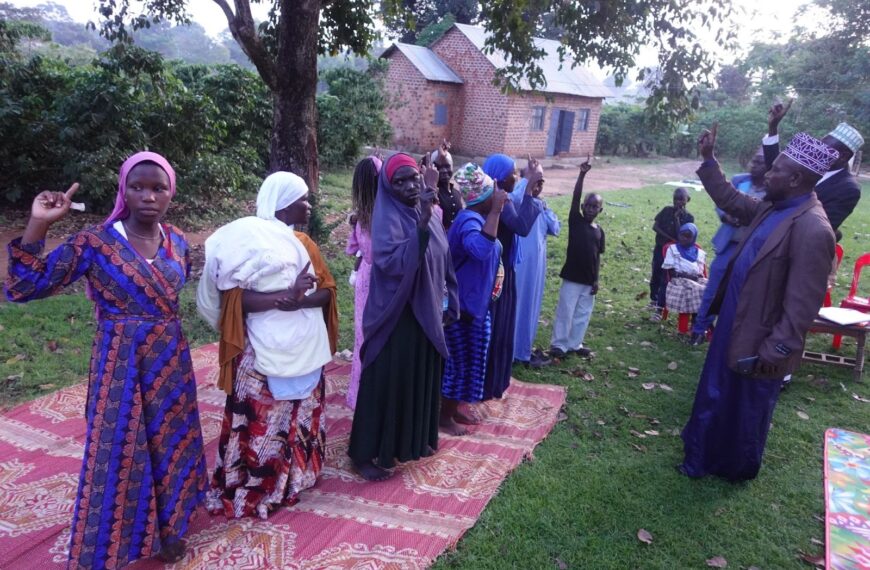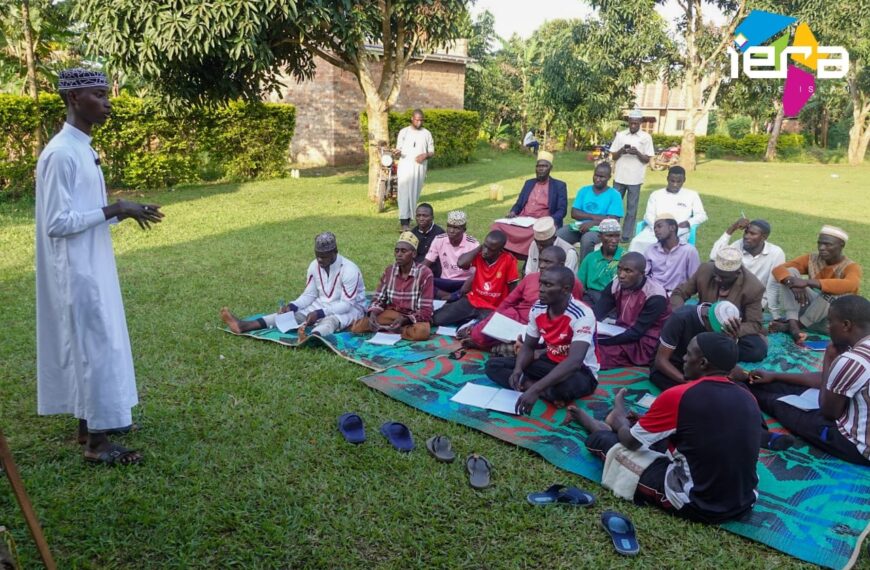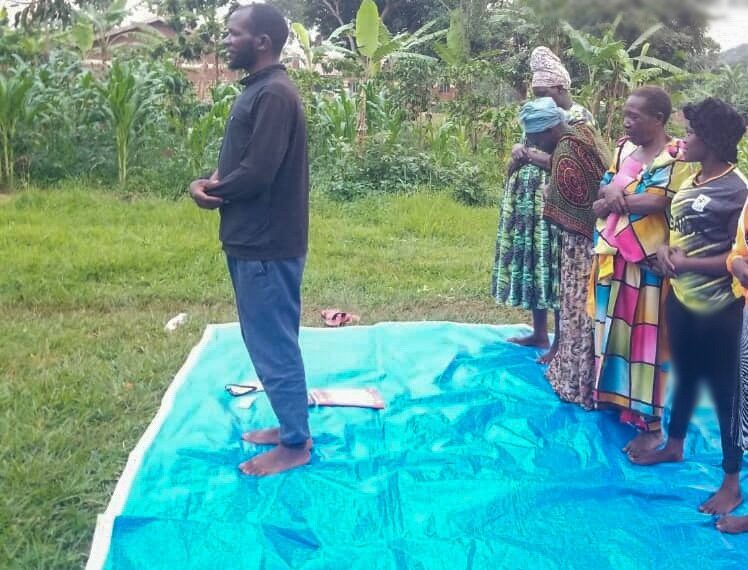In Tanzania, it’s a well-known and widely accepted tradition that when meat is prepared, it must be slaughtered by a Muslim for it to be considered lawful to eat. For many, this is taken as common practice but for one elder, this cultural moment sparked a life-changing realization.
During a funeral gathering in his village, grief hung heavy in the air. Mourners were gathered, and emotions ran deep. But when it came time to prepare food for the family and guests, a surprising moment shifted the atmosphere. A funeral organizer stood up and declared, “We need a Muslim to do the slaughtering!” Suddenly, silence fell over the crowd. People looked at each other in confusion as there wasn’t a single Muslim present.

This moment deeply unsettled the elder. He couldn’t stop thinking about it. “Why is it always Muslims who are called upon to slaughter animals? Why not members of other religions? What’s the deeper reason behind this?” The questions stirred in his heart and mind, pushing him to seek real answers.
Just days later, a group from iERA visited his home with calmness and respect. Without hesitation, the elder asked the burning question that had been troubling him: “Why must a Muslim always be the one to slaughter meat? What does it really mean?” With gentle smiles and thoughtful words, the team explained that in Islam, slaughtering an animal is not just a physical act it’s a form of worship. God’s name is invoked before the animal is slaughtered, making the act both spiritual and lawful. This brings blessing, purity, and makes the meat permissible to eat.
As the explanation unfolded, something shifted in the elder’s eyes. Understanding began to replace confusion. He thought to himself, “If Muslims invoke God’s name even in the matter of daily food, then surely this is a faith that guides every part of life.” At that very moment, he chose to embrace Islam and declared the shahada with great joy and peace in his heart.




